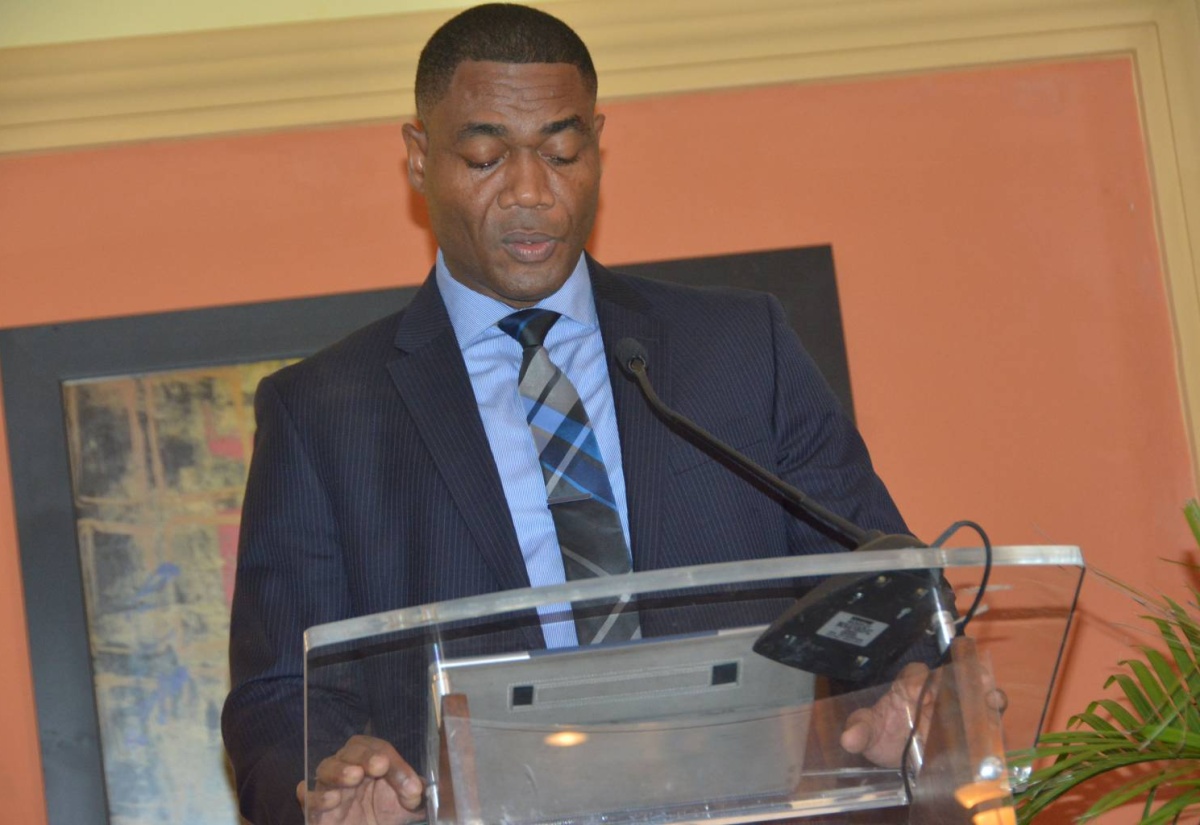President of NWC Outlines Challenges
By: , May 16, 2017The Key Point:
The Facts
- Addressing a recent NWC conference on ‘Financing Water Utilities of the Caribbean’ at the RIU Hotel, Montego Bay, he said that to continue producing such quantities and to improve services will require much more financing than what currently exists.
- “While we have not received any direct transfers from the Government of Jamaica, our cost to provide the services is entirely based on user fees and out of depreciation. Our tariff has never covered full cost nor has it allowed for the level of investment at the lowest cost,” Mr. Barnett said.
The Full Story
President of the National Water Commission (NWC), Mark Barnett, says that while the company produces more than 90 per cent of Jamaica’s total potable water, it is seriously challenged to improve and expand service delivery.
Addressing a recent NWC conference on ‘Financing Water Utilities of the Caribbean’ at the RIU Hotel, Montego Bay, he said that to continue producing such quantities and to improve services will require much more financing than what currently exists.
“While we have not received any direct transfers from the Government of Jamaica, our cost to provide the services is entirely based on user fees and out of depreciation. Our tariff has never covered full cost nor has it allowed for the level of investment at the lowest cost,” Mr. Barnett said.
He noted that the problems faced in Jamaica’s water sector are not just about money, but are complex, deep-seated and interconnected with many other components of a vicious cycle.
“However, mobilising the necessary financial resources is absolutely important and is a necessary component of any service-improvement initiative,” he said.
Mr. Barnett further pointed out that in order for the NWC to effectively achieve its 2015-2030 investment targets, it is estimated that capital expenditure totalling US$8.5 billion is required to effect the desired water-supply improvements islandwide.
“The average annual capital investment required to tackle utility areas is estimated at US$230 million or just below J$30 billion. Regrettably, our current average annual capital expenditure is a mere J$6 billion from various financing sources, or less than 20 per cent of what is required,” he noted.
The President emphasised that something has to change radically, “if we are to achieve our Vision 2030 targets”.
Mr. Barnett added that not only should there be radical changes in the financing and governing of water and waste water service provision, but that serious consideration and changes are also needed to treat with gaps and conflicts in economically viable vs. non-viable service zones, as well as the rural vs. urban and wastewater vs. potable water investment ratios.


